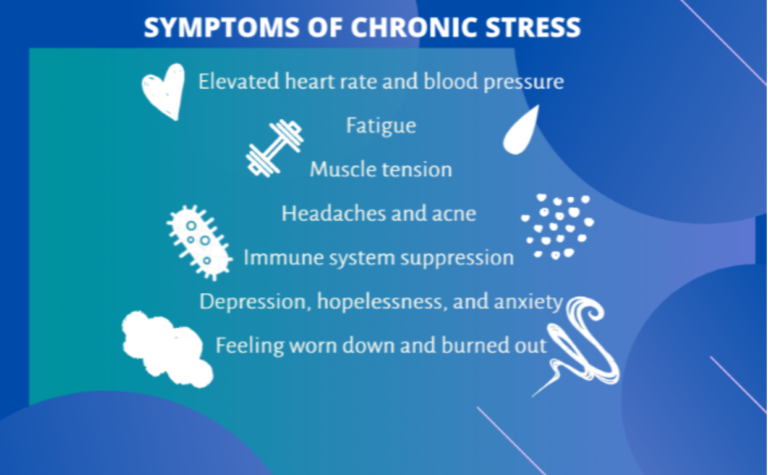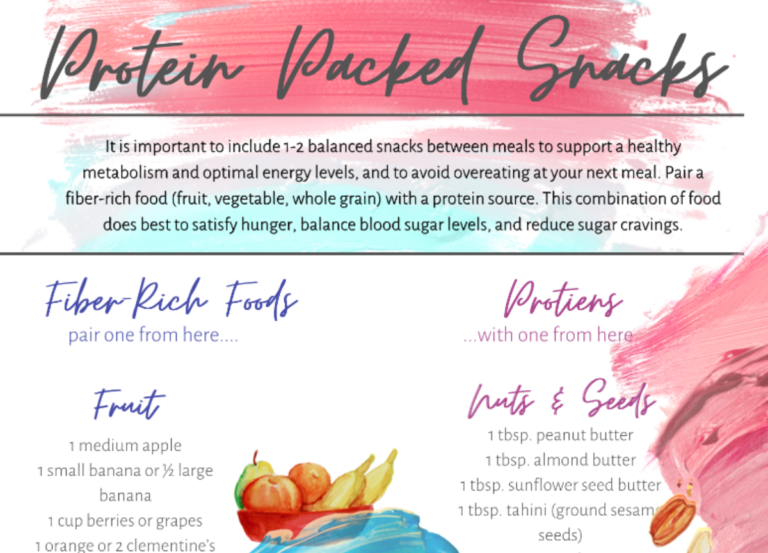Research Review: Stress and Self-Care During COVID-19
When we perceive a threat to our wellbeing, our bodies activate the acute stress response, also known as the “fight or flight” response. This is designed to give us a burst of strength and energy, and impacts systems in our bodies. For example:
- Our heart rate, blood pressure, and breathing increase, to deliver oxygenated blood to our muscles.
- Our livers produce extra blood sugar to increase our energy.
- Our muscles become tense and primed for action.
- We become more alert and attuned to danger.
Depending on the situation, this acute stress response can be helpful (e.g., help us flee from danger) or harmful (e.g., make it hard to focus on a test). Either way, the fight or flight response is designed to last for just a short period of time: 20 to 60 minutes. After this, our bodies return to a normal, relaxed state.
Unfortunately, sometimes we experience the world around us as continually uncontrollable and unsafe. Consequently, our bodies stay in “fight or flight” mode and do not return to a normal, relaxed state. This chronic stress response can include the following experiences: Elevated heart rate and blood pressure, fatigue, muscle tension, headaches and acne, immune system suppression, depression, hopelessness, and anxiety, feeling worn down and burned out.

Understandably, many people around the world are experiencing chronic stress right now due to COVID-19, which has disrupted our lives for over seven months. The emotional toll of the virus is so unique that researchers have defined a new condition: COVID-19 Stress Syndrome (1). The symptoms are:
- Fear of the dangerousness of COVID-19
- Worry about the socioeconomic costs of COVID-19
- Xenophobic fears of foreigners spreading COVID-19
- Traumatic stress symptoms that are associated with vicarious or direct exposure to COVID-19
- COVID-19 related compulsive checking or reassurance seeking
While we cannot change the circumstances of COVID-19, we can practice positive self-care strategies to defend against the damage of chronic stress. Unfortunately, research suggests that most people are not using adaptive strategies to cope with stress from COVID-19. In a study of 6,845 adults from the US and Canada, the most common coping strategy, reported by 96% of participants, was watching TV or movies. Additionally, 56% of participants reported sleeping more than normal, 48% reported overeating, and 25% reported consuming more alcohol and drugs than usual (1). These approaches may feel comforting and help us escape from negative feelings in the moment, but may worsen long-term stress. While we cannot control the pandemic, we can practice active self-care to mitigate the damaging effects of chronic stress.
Here are some suggestions:
- Practice mindfulness or relaxation exercises. For example:
- Headspace has free mindfulness clips designed specifically for COVID-19.
- Loving-kindness meditation can help you feel more connected to the world around you during this time of isolation.
- Breathing exercises and progressive muscle relaxation can slow your breathing, reduce your heart rate, and relax your muscles.
- Maintain a balanced diet. Rather than consuming sugary drinks or snacks, try popcorn, kale chips, and fresh fruit or vegetables. Combine your snacks with some protein to help you feel full (e.g., hummus, nuts/nut butters, yogurt or cottage cheese). View the infographic below for more tips on healthy eating.

- Exercise, even if only briefly, a few times a week. Find something that feels fun to you. For example, you could try free YouTube videos online for dancing, jogging, and yoga, or simply walk around the block.
- Develop a consistent sleep schedule. Dysregulated sleep can impact your health during a pandemic. Consequently, it may be helpful to develop healthy sleep habits.
- Keep a consistent sleep schedule (sleep and wake up at the same time each day).
- Get at least 7 hours of sleep a day.
- Don’t go to bed unless you are sleepy.
- If you don’t fall asleep after 20 minutes, leave bed and engage in a relaxing activity for a while.
- Establish a bedtime routine (e.g., brush your teeth, disconnect from electronic devices, do a relaxation exercise).
- Try to finish dinner 2-3 hours before you sleep. If you become hungry closer to your bedtime, eat light snacks.
These self-care practices have been shown to enhance immune system performance, reduce depression and anxiety, and increase a sense of positivity and well-being. Consequently, by taking even small steps towards self-care, you are investing in your mental and physical health – both during this pandemic and beyond.
Arun Nagendra, PhD
Research Fellow & Junior Investigator, MGH COE
References
- Taylor, S., Landry, C. A., Paluszek, M. M., Fergus, T. A., McKay, D., & Asmundson, G. J. (2020). COVID stress syndrome: Concept, structure, and correlates. Depression and Anxiety, 37(8), 706-714